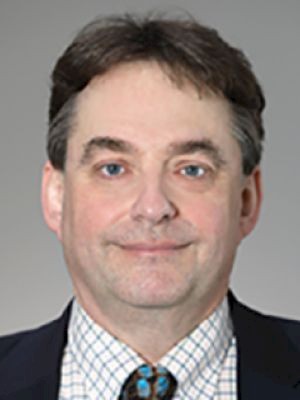Room 406, School of Arts and Sciences
Central Campus

Flow cytometry has been an important tool for biomedical and Immunological research since the development of the first single markers analysers in the 1970s. Modern flow cytometers have now moved firmly into the realm of "big data", with simultaneous analysis of forty or more distinct cellular markers becoming routine. The same challenges we face in analysing genomic and proteomic data sets are now being faced for cytometry. This talk will cover the origins of flow cytometry technology and how it has evolved into a high-dimensional technique for precision analysis and separation of single cells in complex immune tissues. We will also discuss where the field is going, including full spectrum analysis and sorting, simultaneous imaging and complex single-cell characterisation.
William Telford, received his PhD in microbiology from Michigan State University in 1994, where his laboratory developed some of the earliest techniques for flow cytometric detection of apoptosis. He carried out his postdoctoral training in immunology at The University of Michigan Medical School, was appointed assistant scientist at the Hospital for Special Surgery - Weill Cornell University School of Medicine in New York City from 1997 to 1999. Dr Telford was recruited as a Staff Scientist and manager of the ETIB Flow Cytometry Facility in 1999, and became an Associate Scientist in 2008.
Dr Telford has over 20 years experience in flow cytometry. He is extensively involved in both national and international cytometry education programs, including the National Flow Cytometry Resource Flow Cytometry Workshops (as a sustaining faculty member) and the International Society for Advancement of Cytometry, where he has taught numerous courses, tutorials and workshops over the last 10 years. He has over 100 publications in the fields of immunology and cytometry, with over half of them as primary, corresponding or originating author. He is the co-founder and coordinator of the NIH Flow Cytometry Interest Group, and is a sustaining faculty member in the Indo-US Flow Cytometry Workshop programme, teaching flow cytometry methods at many biomedical institutions in India. He maintains a small independent research and development program in the Facility aimed at both hardware and wetware development, particularly in the area of novel laser technology, and has published extensively in this area.